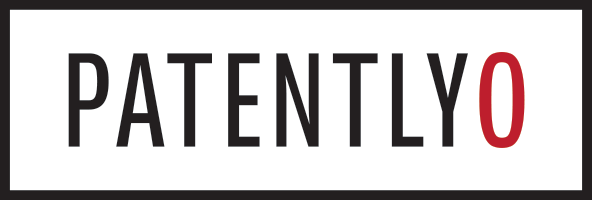
"Holding generic companies liable for induced infringement based on their product labels raises significant legal and practical challenges. Inducement requires more than simple label interpretations."
"Generic drugs are mandated to align their labels with brand products, making allegations of inducing patent infringement based on required statements seem unreasonable and contradictory."
"The threat of infringement findings related to drug labels poses potential risks for competition in pharmaceutical markets, possibly deterring entry of generics."
"Evidence suggests that physicians and patients rarely read generic drug labels, undermining claims that label language actively induces them to practice patented methods."
The Federal Circuit has adopted a theory known as infringement by drug label, allowing claims of induced infringement against generic drug manufacturers when their product labels suggest a patented method of use. This raises significant concerns about the application of patent law, as inducement typically requires clear evidence of encouragement of direct infringement. Additionally, generic drugs must conform to FDA labeling requirements, complicating the assertion that such conformity could induce infringement. The potential for legal action based on label language may deter competition within the pharmaceutical industry.
Read at Patently-O
Unable to calculate read time
Collection
[
|
...
]